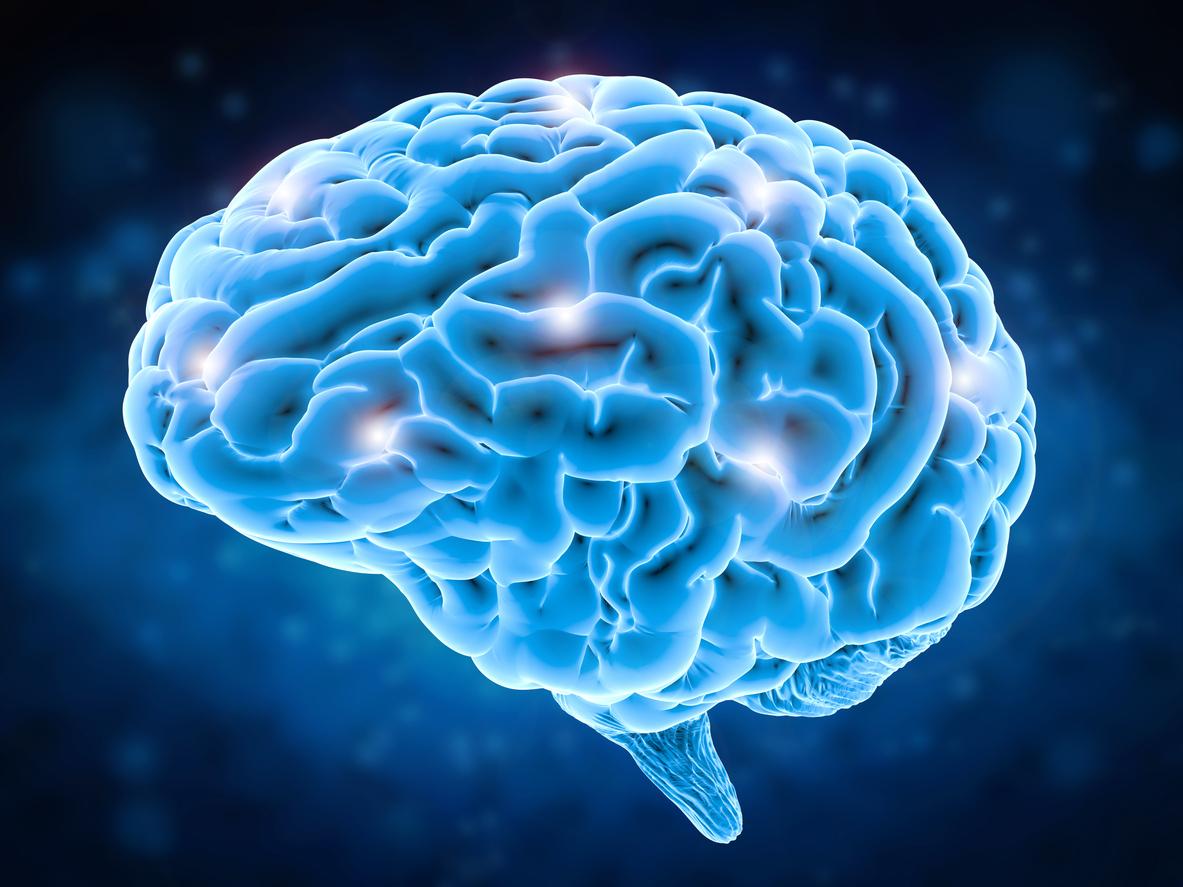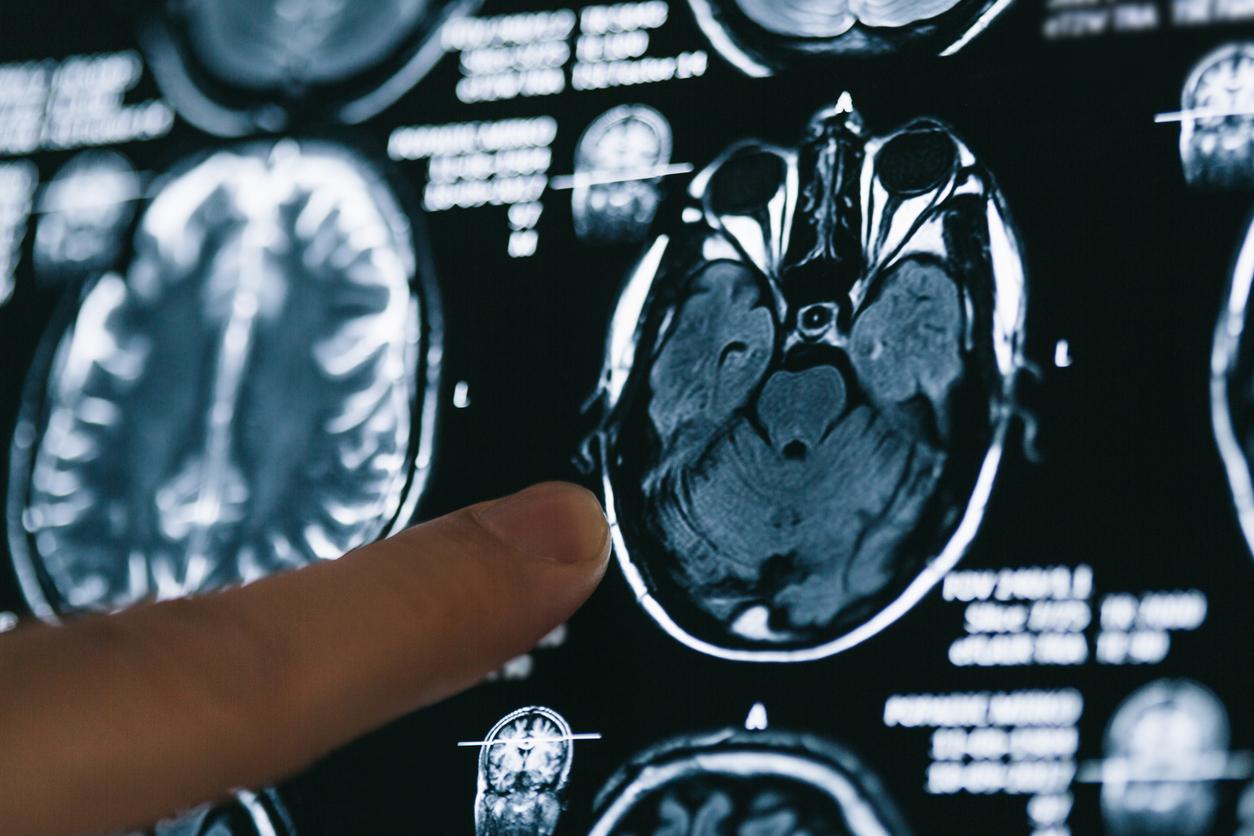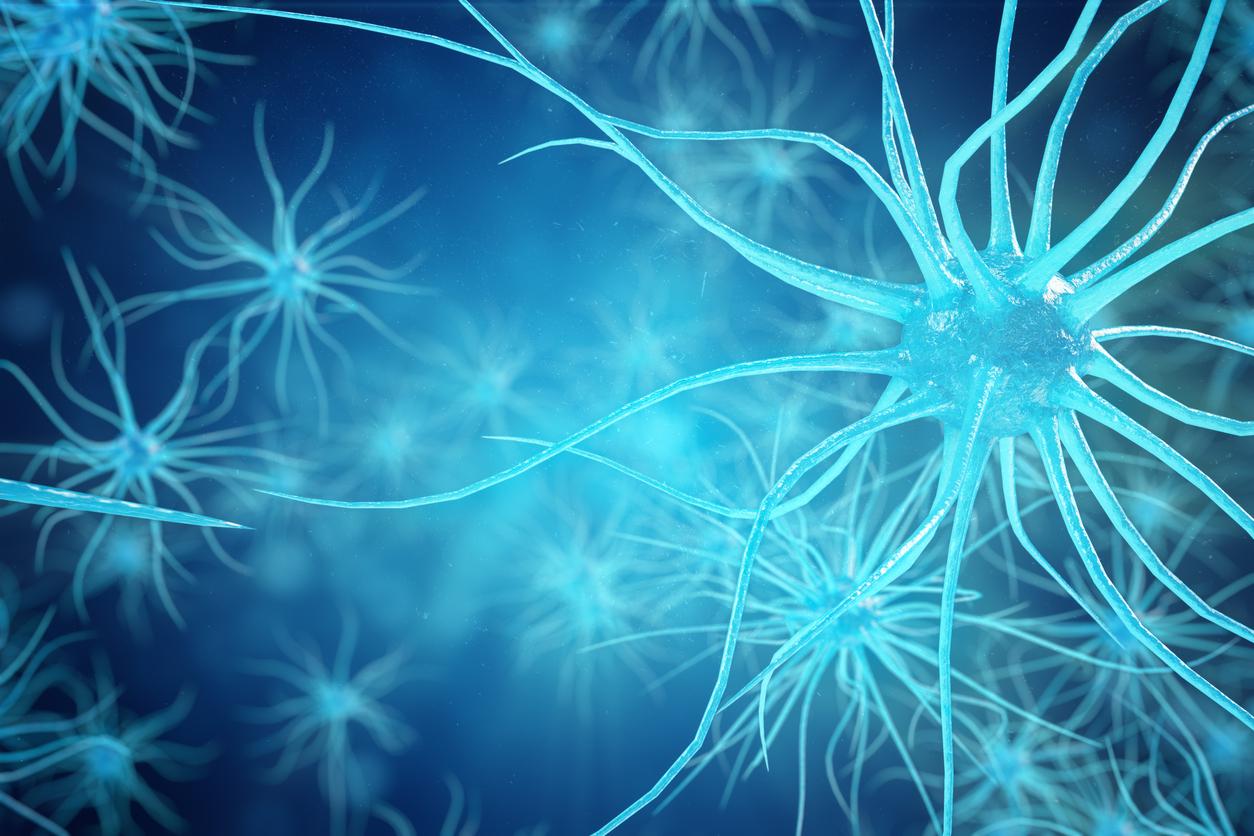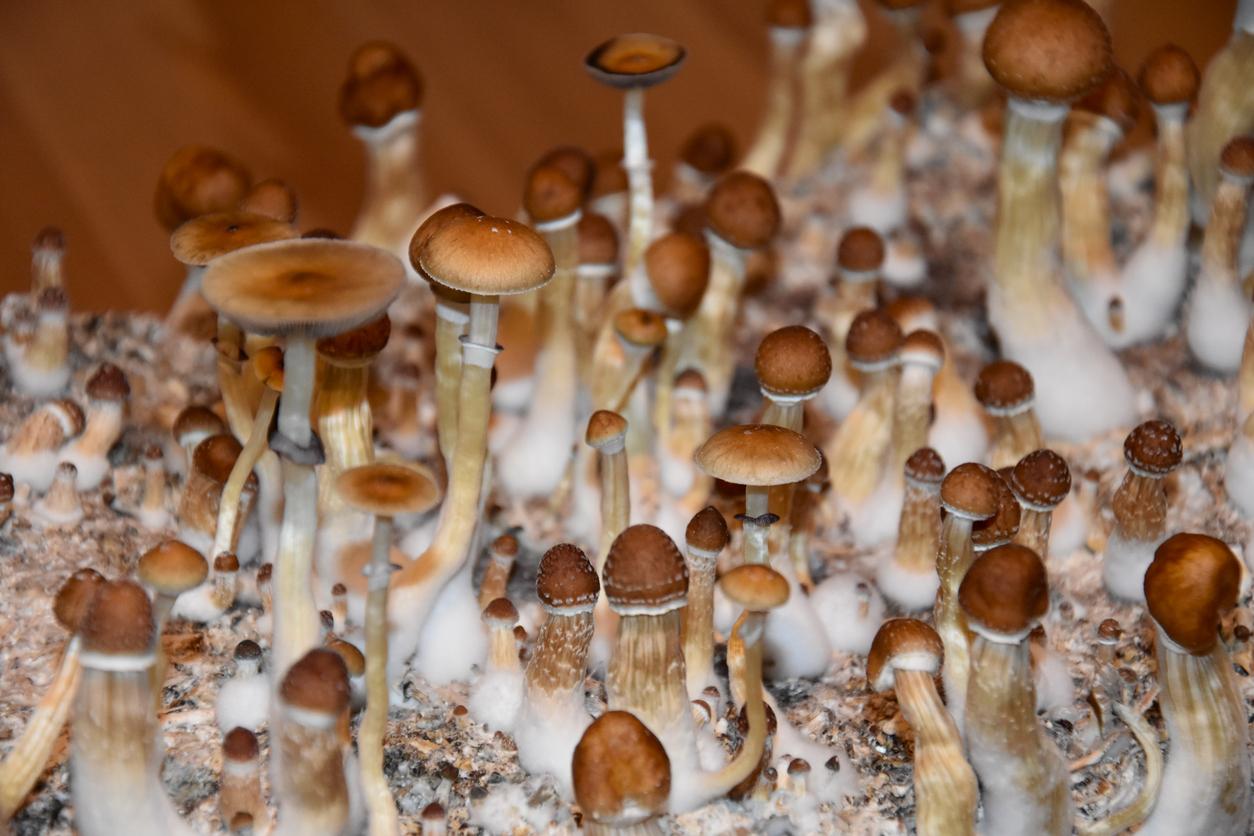Several scientific studies, including this American studyhave already shown that ketamine, an anesthetic used in human and veterinary medicine, would make it possible to treat depression through its effects on glutamate, the most important excitatory neurotransmitter in the central nervous system.
But due to the known side effects of ketamine hydrochloride (feeling of floating, altered sense of time, and sometimes blurred vision) patients in these studies only received low doses.
A trial with 200 patients suffering from depression
The first randomized controlled trial which has just been launched involving 200 patients from Australia and New Zealand will involve 7 research institutions and will make it possible to establish whether ketamine triggers a response in all depressed patients, to determine which are the the most effective modes of administration and to observe how patients react to continuous treatment with multiple doses.
This double-blind trial (with random allocation of drug and placebo) will run for 3 years.
Determine if ketamine can become an effective treatment
Professor Colleen Loo from the University of New South Wales (Australia) has been researching the use of ketamine to treat depression for over five years.
“Existing studies show that if you give a single dose of ketamine to people with severe clinical depression, they tend to get better. But it only lasts a few days”says the doctor. “Feeling better for a few days is not a cure for a chronic condition like depression. What we need to do now is determine if this product can become an effective clinical treatment.”
Patients involved in this clinical trial will receive the drug through a subcutaneous injection (like an insulin injection). They will also be subject to several blood tests and genetic testing to help researchers determine if there are factors that make certain patients more likely to respond to treatment.
Read also :
Depression: better screening needed
Depression affects the whole body


















